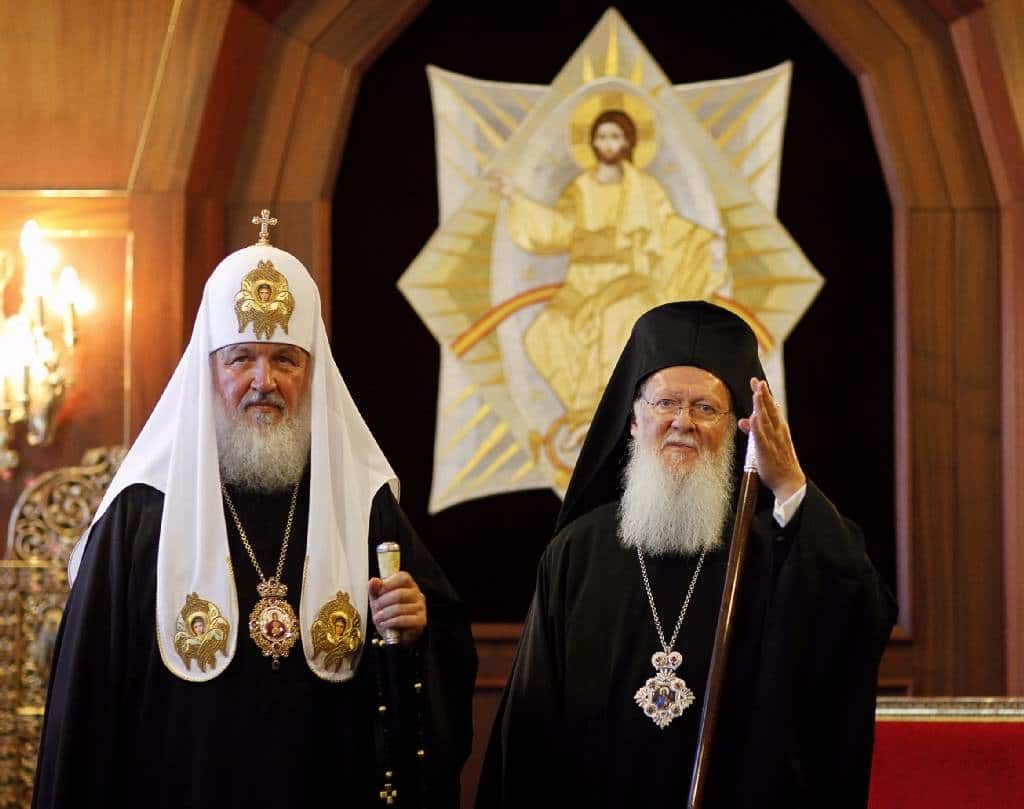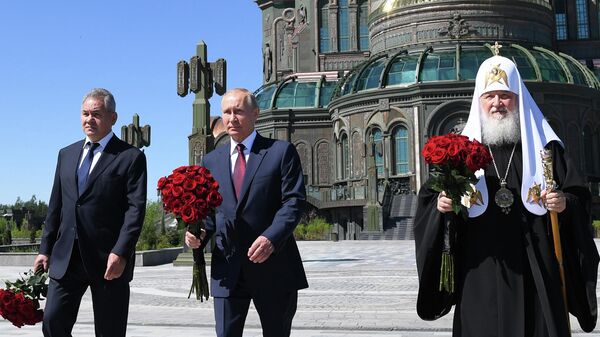This series scrutinizes the Russian Orthodox Church (ROC) in three overlapping contexts: ROC pretensions to the leadership of the Orthodox world, the ROC as a global conservative force, and the ROC as a supporter and tool of Russian geopolitical ambitions.
Russia’s full-scale aggression against Ukraine has significantly affected all three contexts. And it has deepened and intensified conflicts between the ROC and the Ecumenical Patriarchate and its allies as well as the split in global Orthodoxy generally.

The war has also complicated, although not fully destroyed, the alliance between the ROC and Western conservative networks for the promotion of the “traditional values” agenda. This series demonstrates, however, that while support of Russia and conservative agendas may often overlap, they don’t necessary overlap and presuppose each other. Nevertheless, conservative actors, including religious communities, should be aware of the Putin regime’s and the ROC’s instrumentalization of traditional views on gender, sexuality, and marriage to further Russia’s geopolitical ends.

Russia’s aggression has also shone a spotlight on the ROC’s relationship with the Catholic Church. Even though the Holy See has been constantly criticized for its political neutrality and Pope Francis’s ambiguous words and deeds regarding the Russian aggression, dialogue between the Vatican and the ROC is at its lowest level since the 1960s.
Finally, the ROC’s involvement in Russia’s attack on Ukraine has strengthened security concerns over the Church and religious communities affiliated with it in post-Soviet states and beyond. The tools to address these concerns vary from the forced or encouraged dispatchment of local Orthodox communities from the ROC in Baltic states, to the potential ban of the ROC in Ukraine, to calls to counter ROC narratives in the Balkans.
These and many other complex topics are explored in the following posts:
Jerry G. Pankhurst. The Global Pretensions of the Russian Orthodox Church
Thomas Bremer. The Russian Orthodox Church and Inner-Orthodox Relations
Pavlo Smytsnyuk. The Russian Orthodox Church and the Holy See: 70 Years of Political Ecumenism
Regina Elsner. How the Russian Orthodox Church Preserves International Sympathies for Russia’s War Against Ukraine
Kristina Stoeckl. A Moralist International Under Arms? Russia’s Role in the Global Culture Wars, Prior to and During Its War with Ukraine
Sebastian Rimestad. Orthodox Churches in the Baltic States Torn Between Moscow and Constantinople
Robert C. Blitt. The Russian Orthodox Church as a Tool for Kremlin Influence in the Balkans
Nadieszda Kizenko. Calendars, Prayerbooks, and Chatgroups from the Russian-Ukrainian War
